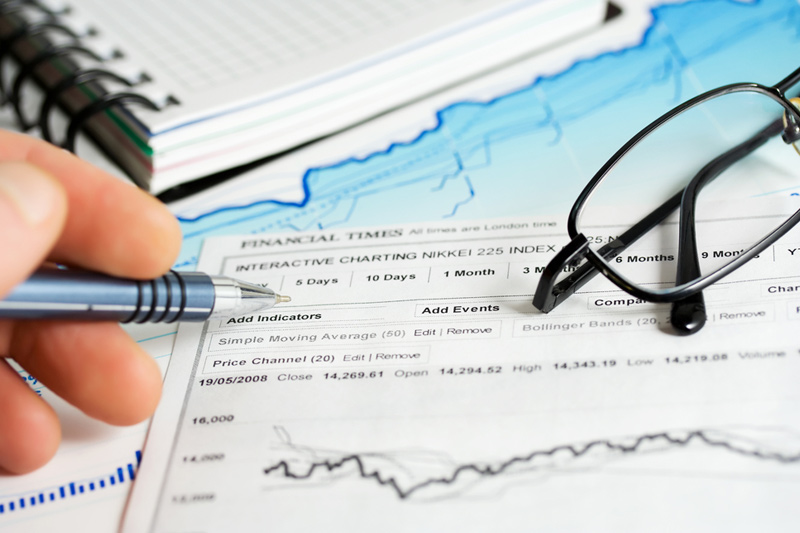Greece Increases Minimum Wage to Boost Economy
Monthly Minimum Wage Raised to 830 Euros
Athens, Greece (Reuters) – The conservative government in Greece announced on Friday a 6.4% increase in the monthly minimum gross wage, raising it to 830 euros. This marks the fourth increase in five years, aimed at alleviating the financial strain on households amid rising living costs.
The government confirmed that hundreds of thousands of workers would benefit from this raise, following a no-confidence vote survived by the administration on Thursday.
Economic Impact and Growth Projection
The monthly minimum wage had previously been increased by 9.4% to 780 euros in April 2023. Prime Minister Kyriakos Mitsotakis assured that this decision would support workers without compromising the economy’s strength and businesses’ competitiveness.
Greece experienced a 2% economic expansion last year, slightly below the government’s forecast but significantly above the euro zone’s average. Projected growth for this year is at 2.9%, driven by tourism, increased investments, and domestic demand.
Government’s Commitments and Future Plans
Prime Minister Mitsotakis reaffirmed the administration’s pledge to raise the monthly minimum wage to 950 euros by 2027, along with a more than 25% increase in the average wage to 1,500 euros within the same period.
Furthermore, the government plans to enhance public sector wages and pensions as part of the economic recovery strategy post a decade-long debt crisis that severely impacted income levels.
Continued Economic Reforms and Elections
The government, re-elected last June, has opted to prioritize wage increases over one-off financial support for vulnerable populations. This approach aligns with the administration’s larger economic agenda.
The upcoming EU parliamentary elections in June will provide a crucial assessment of the government’s popularity and mandate post-re-election.
Greece’s Economic Progress and International Standing
Having finalized international bailouts in 2018, Greece regained investment-grade status last year after entering the “junk” category due to its massive national debt over a decade ago.
The country’s economic trajectory remains closely monitored, with a challenging yet promising path ahead in line with its reform efforts and growth projections.



